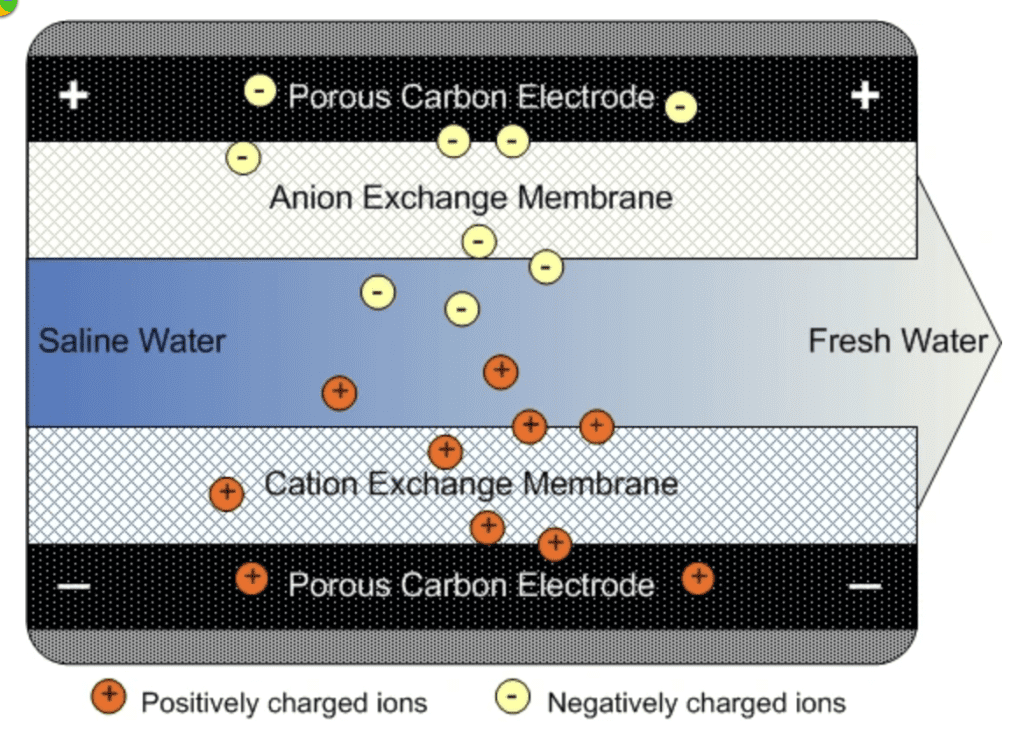23 Aug Deionized-water-vs-distilled-water
People always ask which one is best – deionized-water-vs-distilled-water? Before you decide if distilled water or deionized water is the best choice, you need to understand the differences between the two.
Choosing Deionized-water-vs-distilled-water
Distilled water is actually very pure water. The same is true with Deionized water when done correctly. The difference is they are produced two distinctly different ways. Distilled water can be more pure than deionized water – but that doesn’t necessarily mean that it’s better.
Deionized Water
Deionized (DI) water is water that has been treated in such a way to remove all of the ions that include dissolved mineral salts and other impurities. The other organic materials can be filtered with carbon filters and,reverse osmosis (RO) membranes. After this pre-treatment, the water is ready to go through a DI system.
Di Systems
,Di Systems typically filter with two types of resin: cation and anion. These two resins attract positive and negative ions, respectively, replacing them with H+ and OH-. H+ combined with OH- becomes H2O – water.
The combination of filters and DI resins can remove nearly all contaminants.

Distilled Water Process
Distilled water has been boiled so that it evaporates and then re-condensed, leaving most impurities behind.. Distillation is one of the oldest methods for creating pure water. Filtered water is heated until it has evaporated, turning into steam. This steam is collected in a sterile container, where it condenses and becomes water again. Because water has a lower boiling point than most contaminants (including minerals), they are left behind when the water turns into steam. The resulting water is, therefore, very pure. In addition, some water is double or triple distilled, with the condensed water being boiled and condensed a second or third time.
Deionized Water Savings
Deionization, on the other hand, can be performed relatively quickly – especially if a mixed bed resin is used, so the water only needs to pass through one time. Many deionized water systems use two mixed bed cartridges or tanks, helping to ensure that all ions have been removed, but it’s still a relatively fast process when compared to distillation. In addition, deionization is a chemical process, so energy is only typically needed to monitor the process and move the water through the system. If the DI resin is regenerated on site, this can add both time and expense to the process.
There are pros and cons to using deionized water vs. distilled water for particular processes, particularly when it comes to cost and efficiency.



No Comments